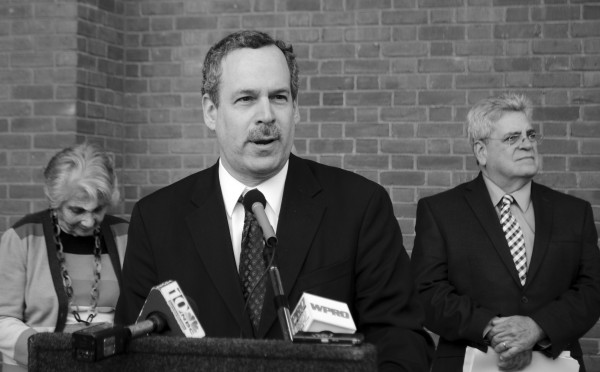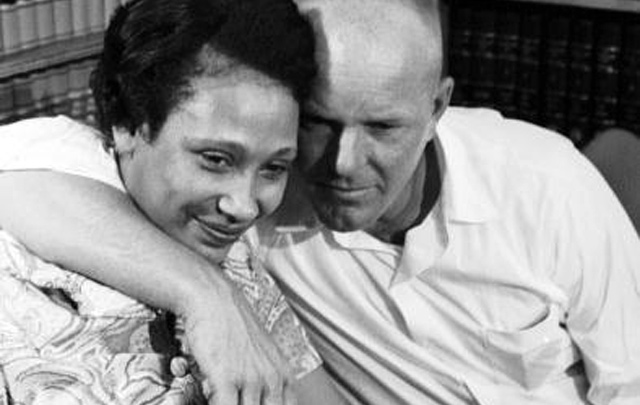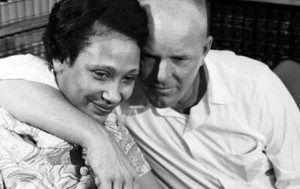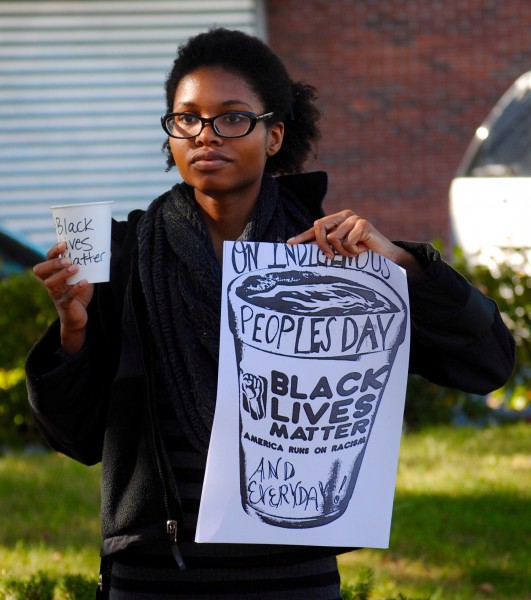 Activists and supporters gathered outside the Dunkin Donuts on Atwells Avenue where an employee wrote #BlackLivesMatter on a police officer’s coffee cup. They marched in support of the employee, a 17 year old woman of color, and against the over reaction of the Providence police union. Police officers looked on as the peaceful rally progressed.
Activists and supporters gathered outside the Dunkin Donuts on Atwells Avenue where an employee wrote #BlackLivesMatter on a police officer’s coffee cup. They marched in support of the employee, a 17 year old woman of color, and against the over reaction of the Providence police union. Police officers looked on as the peaceful rally progressed.
After the march, there was a short program of speakers. Some speakers spoke of the importance of acknowledging the date, October 12, as Indigenous People’s Day, so as to ensure that one cause not overshadow another. Other speakers spoke of the history of America’s brutality against people of color and called for the abolition of police and prisons.
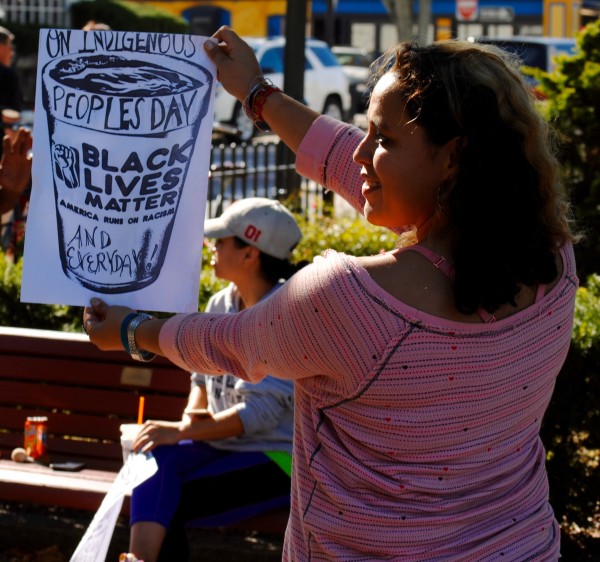 The rally was organized by the STEP-UP Coalition of Rhode Islanders for the Providence Community Safety Act Ordinance, which released the following statement in response to the incident:
The rally was organized by the STEP-UP Coalition of Rhode Islanders for the Providence Community Safety Act Ordinance, which released the following statement in response to the incident:
“Across the country, communities are grappling with the reality of violent and discriminatory policing practices. From Ferguson, MO to the jail in Walter County, Texas where Sandra Bland was found dead, to Providence, where youth of color are routinely profiled and harassed, it is clear that something needs to change. The Rhode Island American Civil Liberties Union released reports this year revealing that Rhode Island has even greater racial disparities in police arrests than in Ferguson. Those most directly affected by police brutality and profiling are society’s most vulnerable: people of color in poor neighborhoods with little access to stable employment and housing.
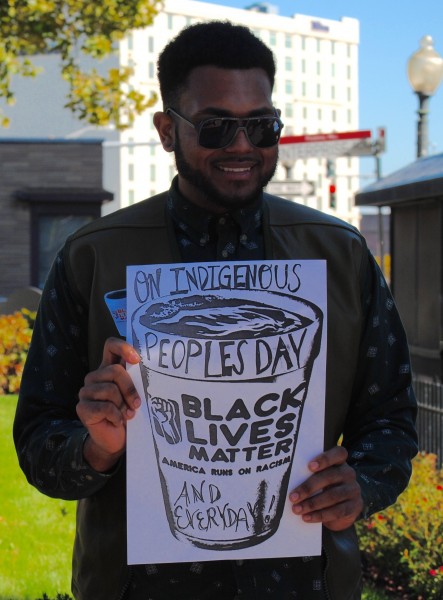 “In the face of this crisis, communities have been coming together to address a national and local state of emergency. Police brutality and state violence have lasting effects that ripple through communities and generations, effects borne in large part by Black communities and other communities of color. #BlackLivesMatter is a direct and courageous movement in response to incredibly high rates of Black people being killed by police. For some, it is easier to ignore these wide disparities; for others, it is an inescapable, daily reality.
“In the face of this crisis, communities have been coming together to address a national and local state of emergency. Police brutality and state violence have lasting effects that ripple through communities and generations, effects borne in large part by Black communities and other communities of color. #BlackLivesMatter is a direct and courageous movement in response to incredibly high rates of Black people being killed by police. For some, it is easier to ignore these wide disparities; for others, it is an inescapable, daily reality.
“When a Dunkin Donuts employee wrote #BlackLivesMatter on a police officer’s coffee cup, she was expressing solidarity with a national, grassroots movement working for the validity of Black life. This affirmation is necessary because of the social, political, and economic disenfranchisement that continues to deprive Black lives of basic human rights and dignity. This affirmation is necessary because a Black person in killed by a police officer of vigilante every 28 hours.
“The Fraternal Order of the Police (FOP) has mischaracterized the #BlackLivesMatter movement as a threat to officers’ safety. In fact, the rate of violence against police officers has actually decreased since the #BlackLivesMatter movement gained national visibility. Rates of police homicide have decreased from 2014 to 2015. Meanwhile, people of color continue to be profiled, brutalized, and killed by police. The current imbalance of power between the Police Union and the people directly affected by police brutality is immense.
“Writing #BlackLivesMatter on a coffee cup is fundamentally an act of free expression. This was an act of peaceful protest. However, the FOP’s stated: “We bring this incident to the attention of other law enforcement officers across this city, state, and country, to remind them to stay vigilant in your efforts to protect and serve.” In other words, the FOP is using this act to justify increased vigilance, which plays out as profiling of people of color.
“Therefore, organizations and individuals that support the Community Safety Act, a Providence city Ordinance, express disagreement with the statement released by the FOP. We feel that the Providence Police took a simple message of racial justice and equality as a personal attack and justification for even harsher policing, rather than an opportunity for reflection on the current realities of state violence. We need police to stop addressing acts of peaceful protest and dialogue as “unacceptable and discouraging” and start giving that label to acts of racial profiling and police brutality.”
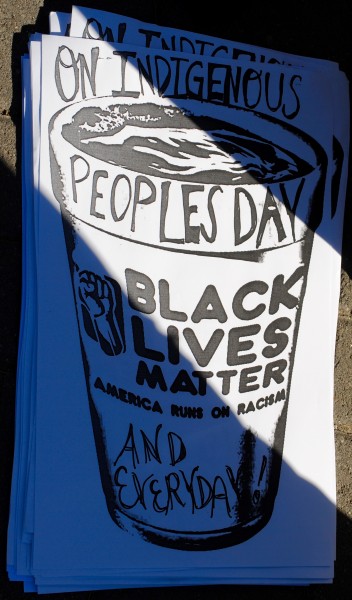
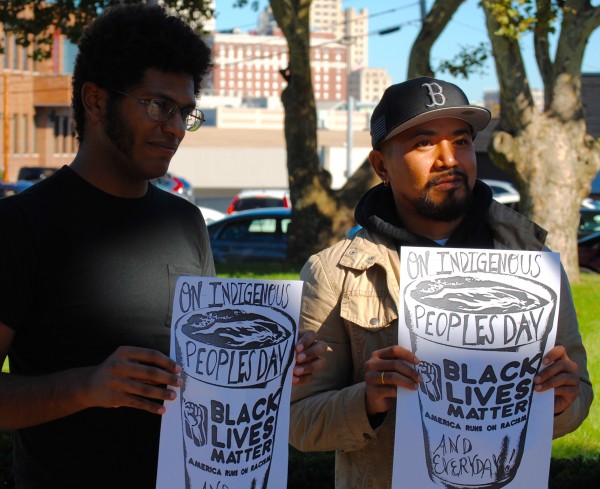

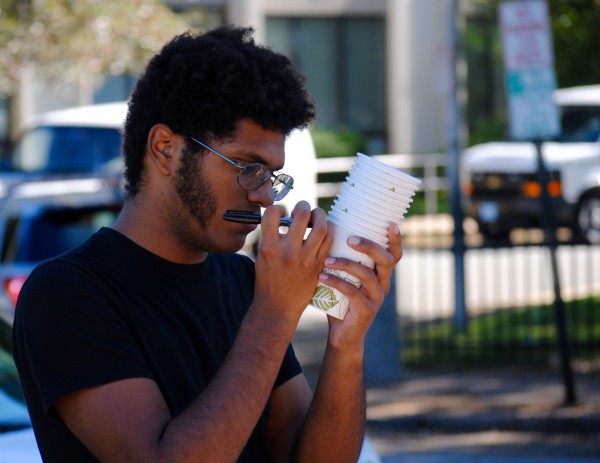
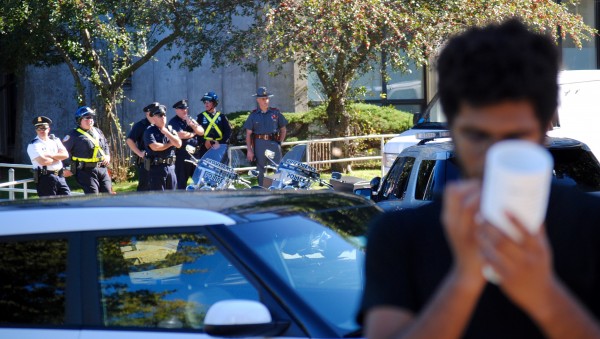
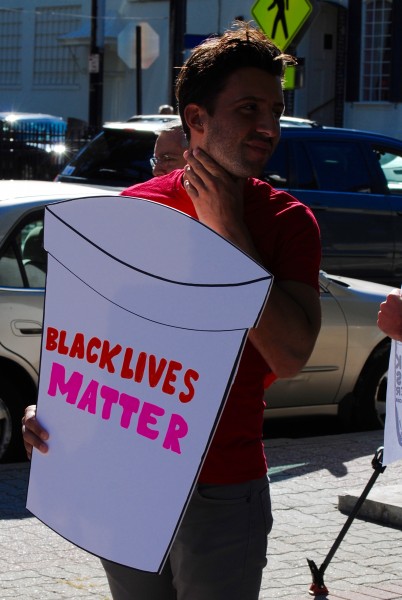
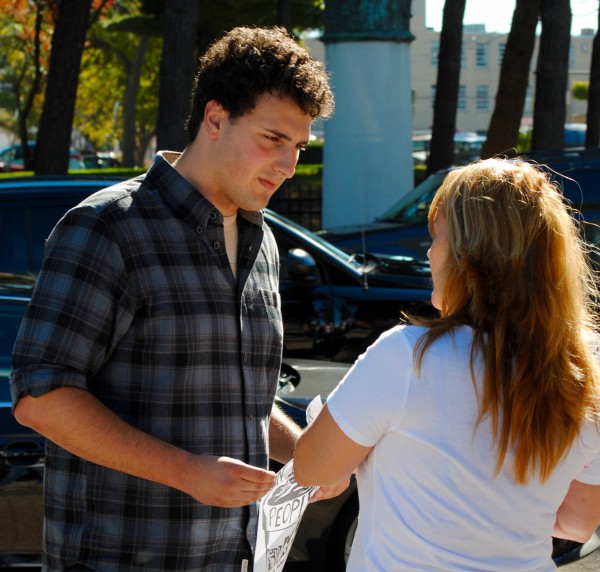
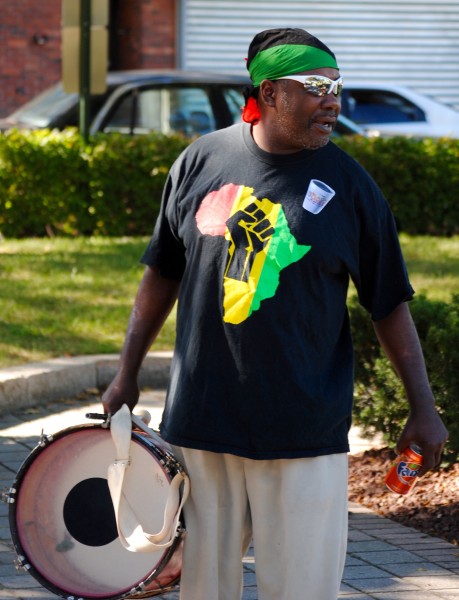
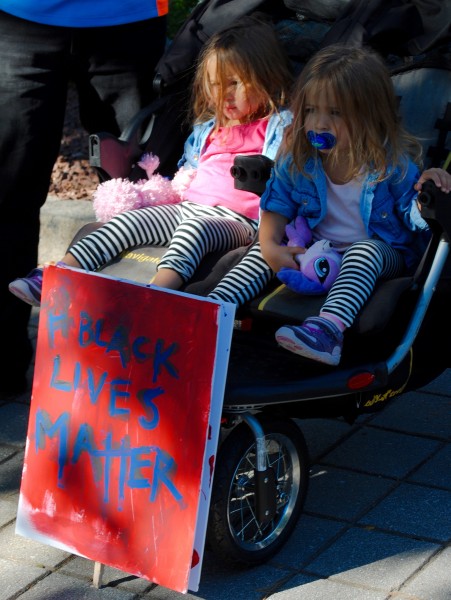
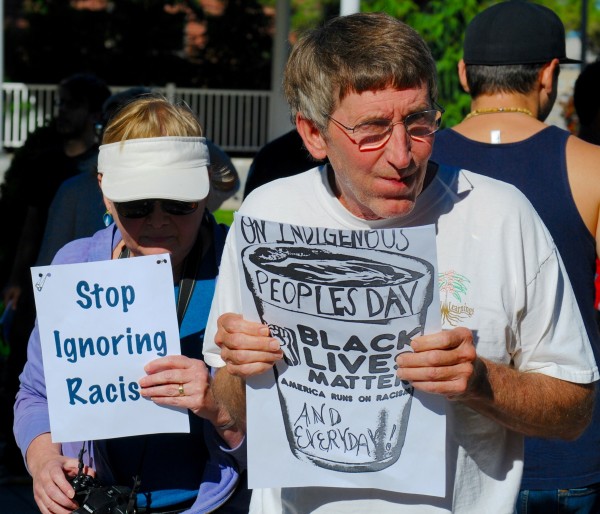

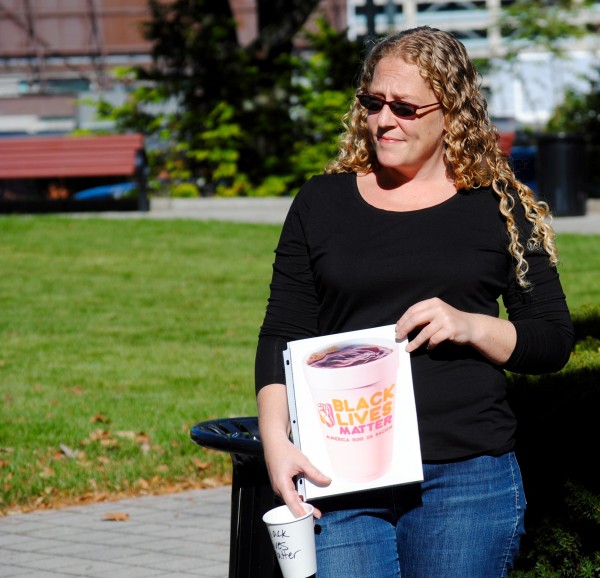
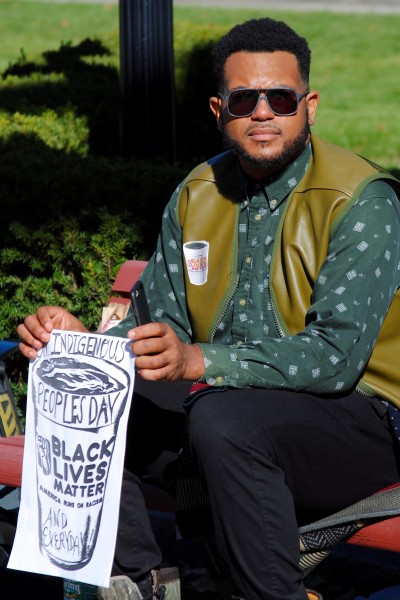
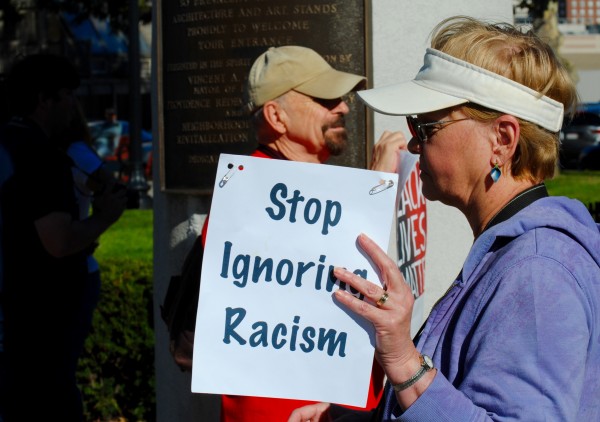
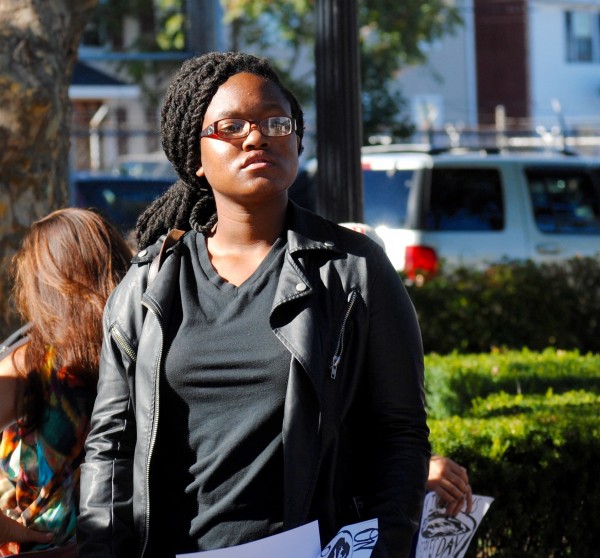

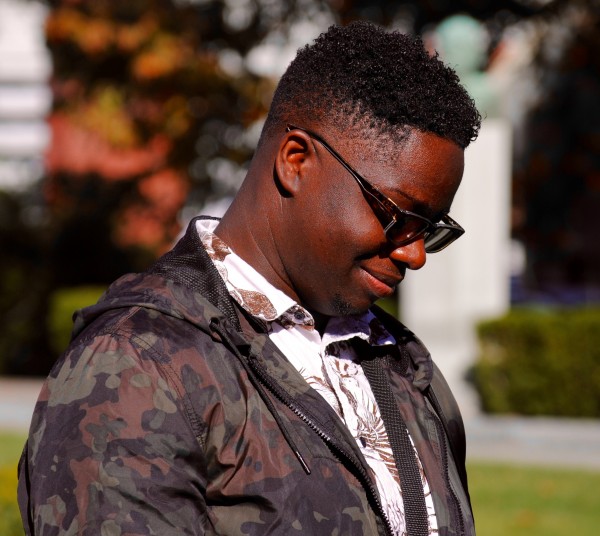

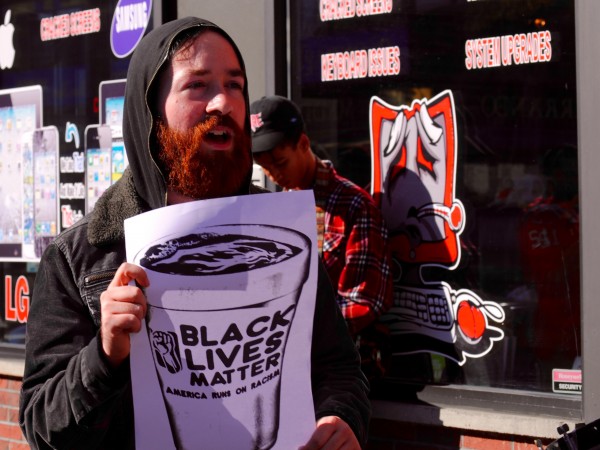
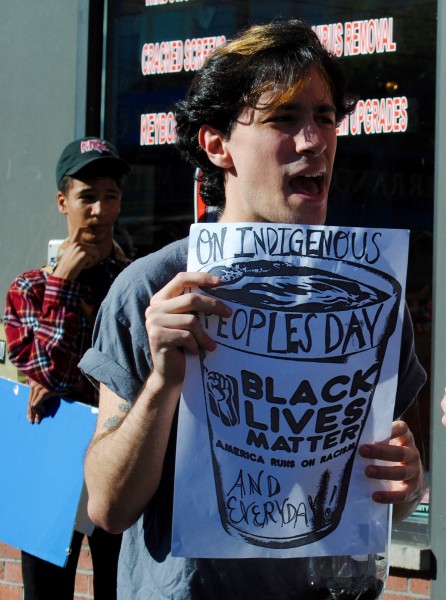
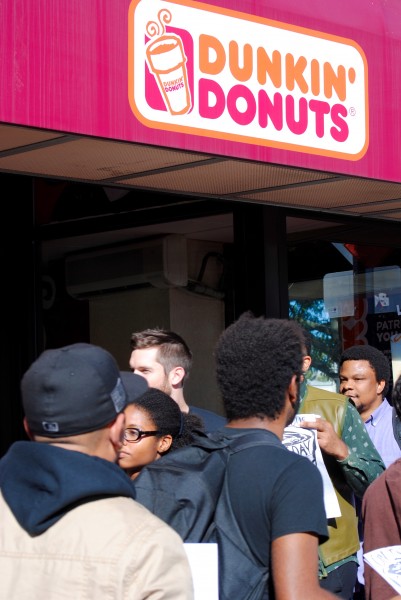
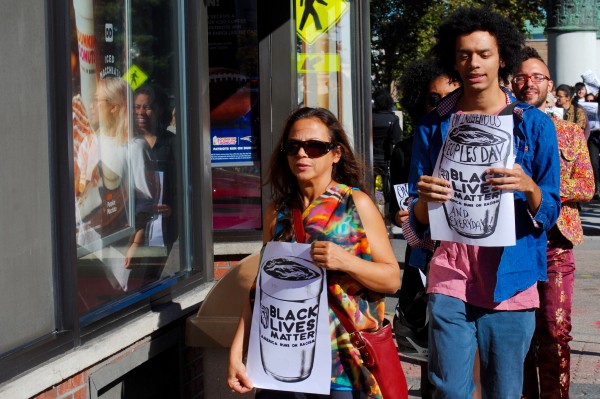
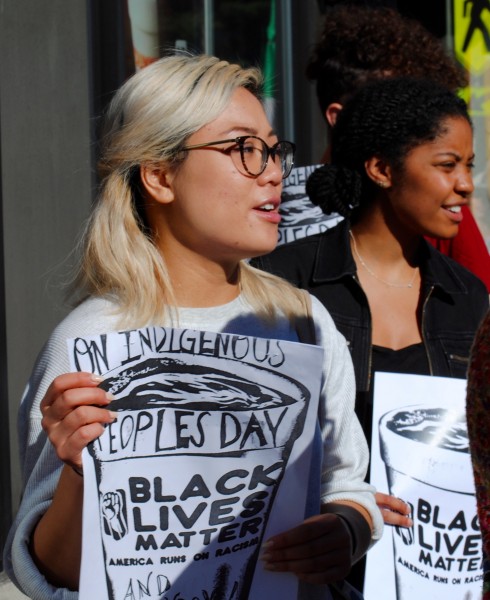
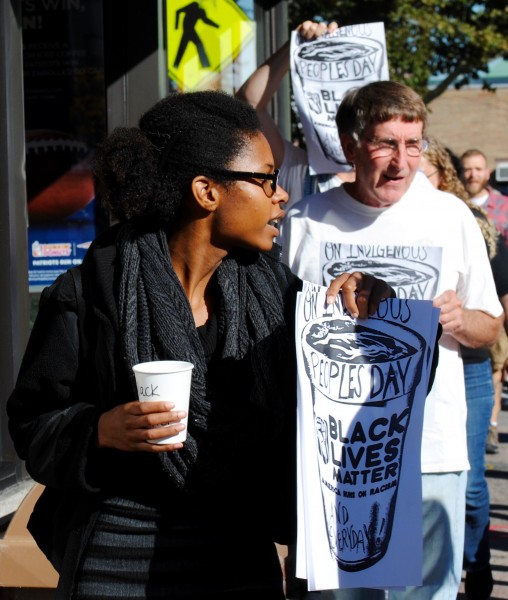
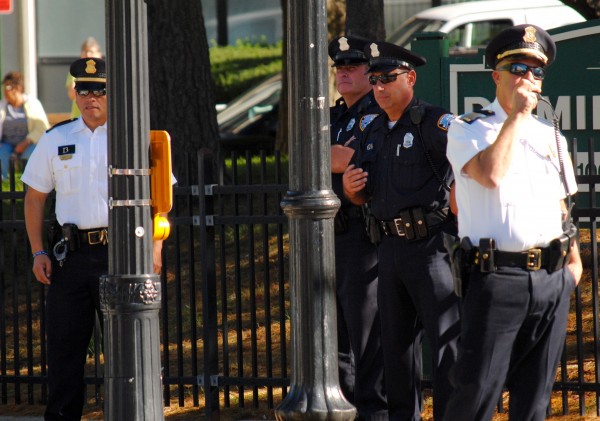
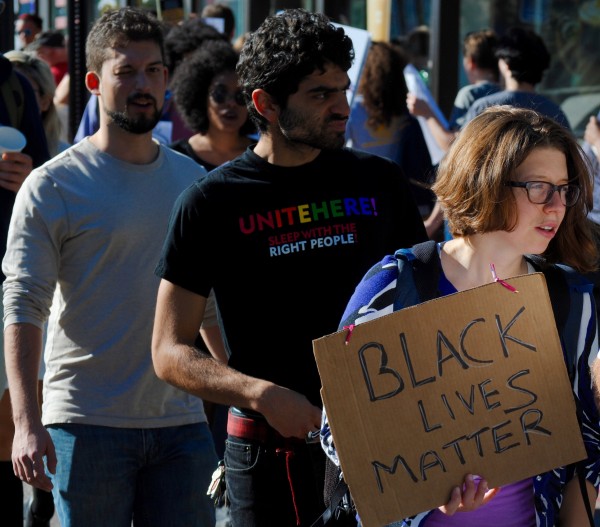
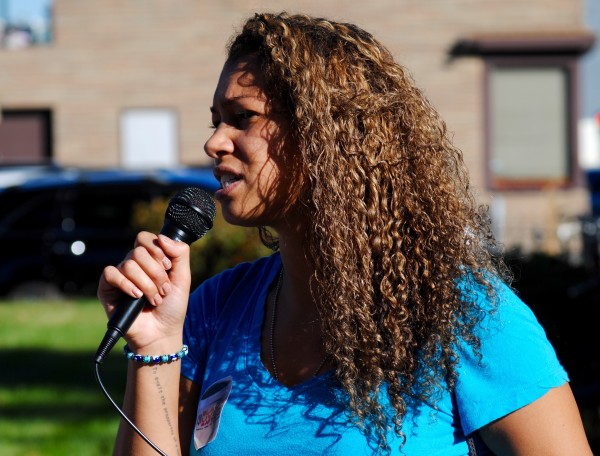
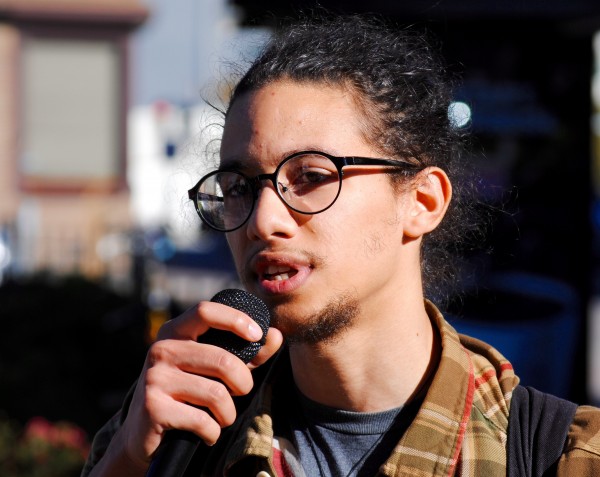
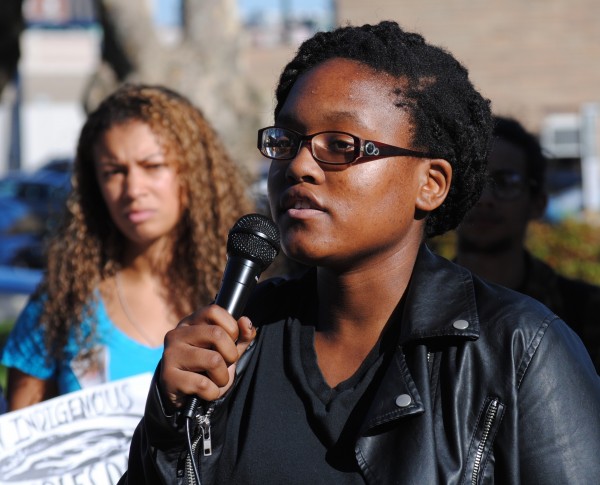
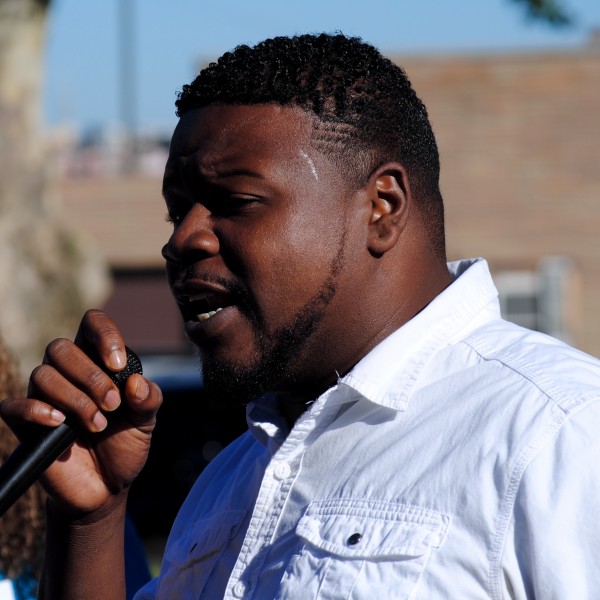
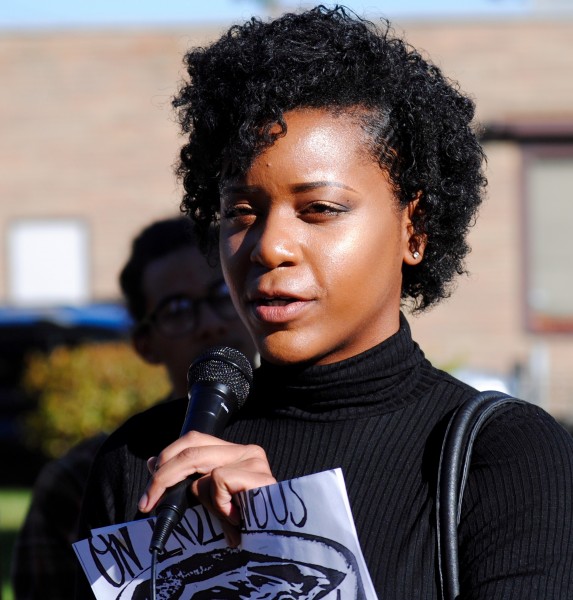
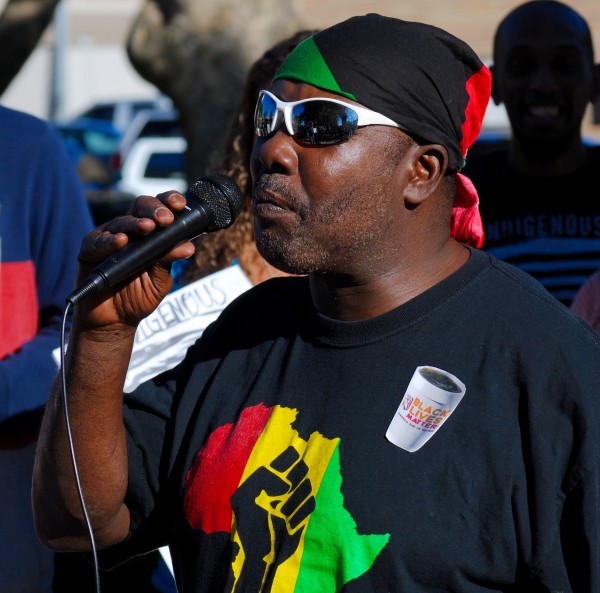
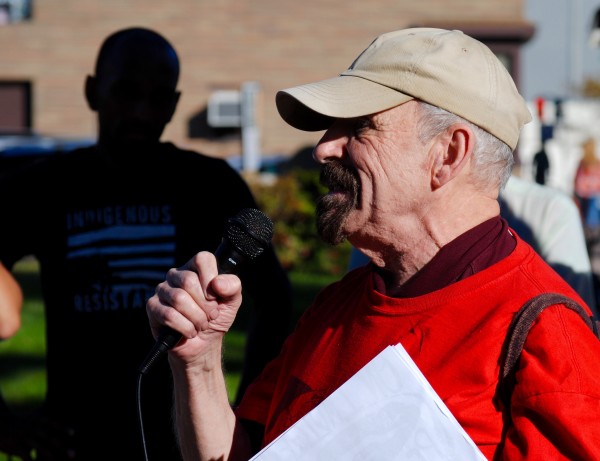

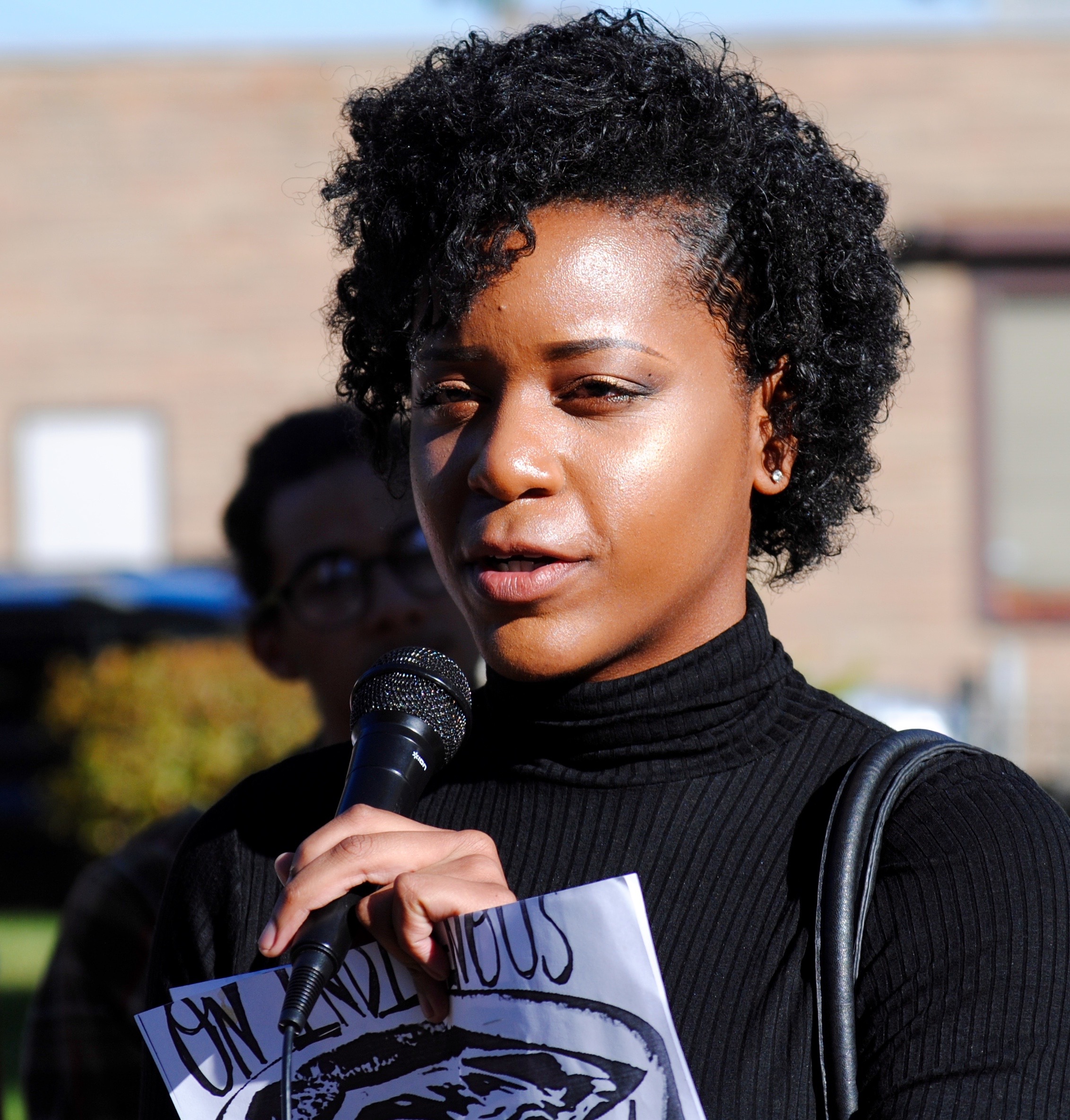

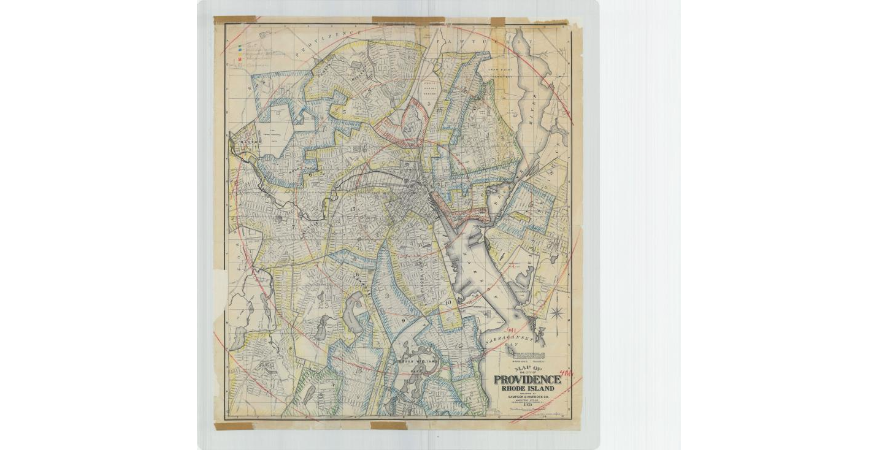
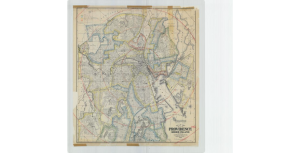

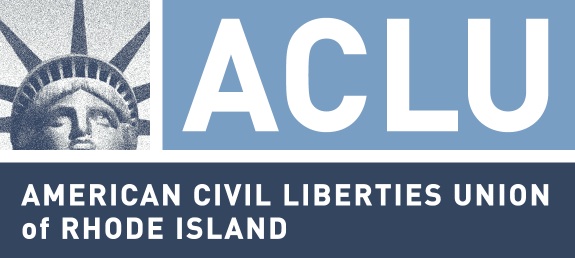 Calling the findings of the Rhode Island State Police (RISP) investigation into the Cranston Police Department likely the “tip of an iceberg,” the ACLU of Rhode Island urged the Cranston City Council to call for further investigations into police practices and possible abuses of power against individuals outside the department.
Calling the findings of the Rhode Island State Police (RISP) investigation into the Cranston Police Department likely the “tip of an iceberg,” the ACLU of Rhode Island urged the Cranston City Council to call for further investigations into police practices and possible abuses of power against individuals outside the department.